Microsoft’s November 2024 Patch Tuesday Addresses 87 CVEs (CVE-2024-43451, CVE-2024-49039)
Tenable
NOVEMBER 12, 2024
Important CVE-2024-43451 | NTLM Hash Disclosure Spoofing Vulnerability CVE-2024-43451 is a NTLM hash spoofing vulnerability in Microsoft Windows. Important CVE-2024-43451 | NTLM Hash Disclosure Spoofing Vulnerability CVE-2024-43451 is a NTLM hash spoofing vulnerability in Microsoft Windows. It was assigned a CVSSv3 score of 6.5

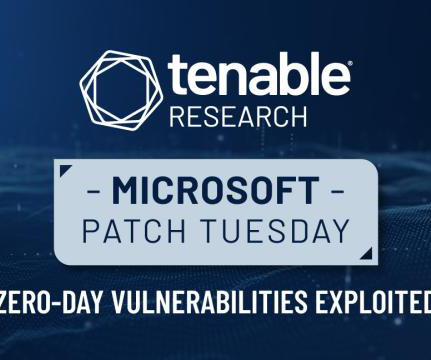
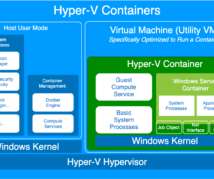

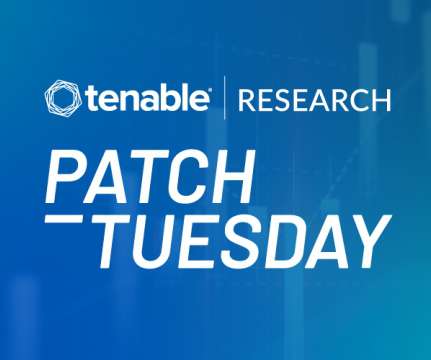
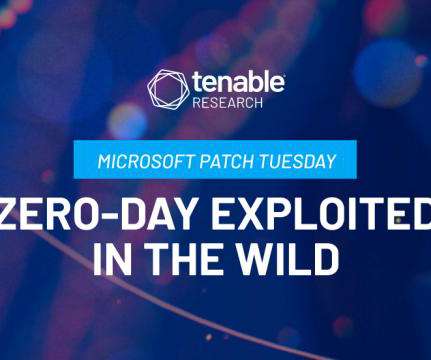
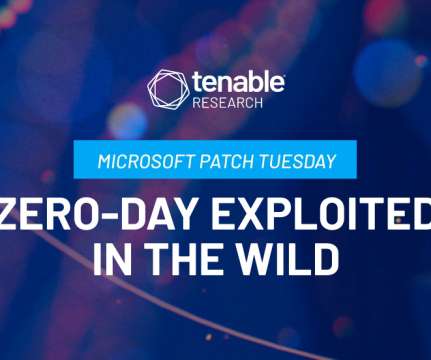
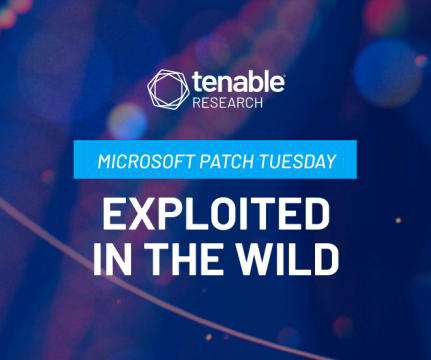
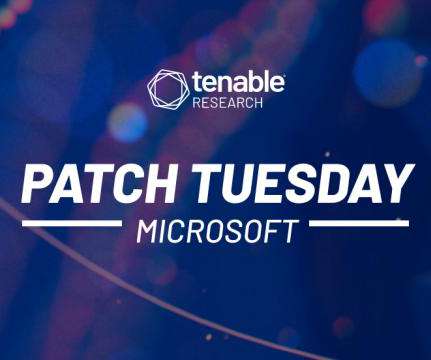
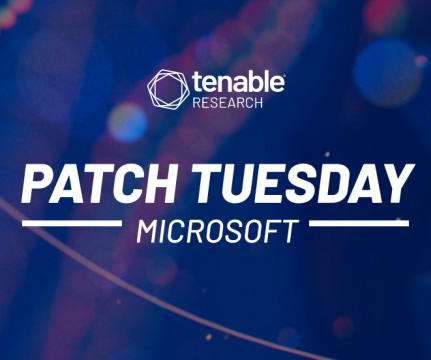
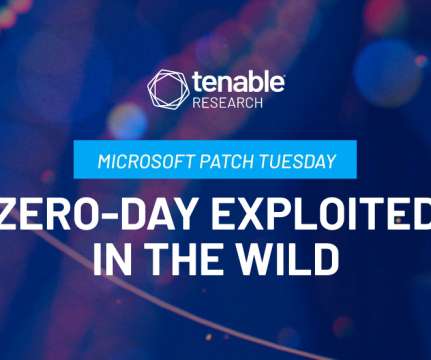










Let's personalize your content